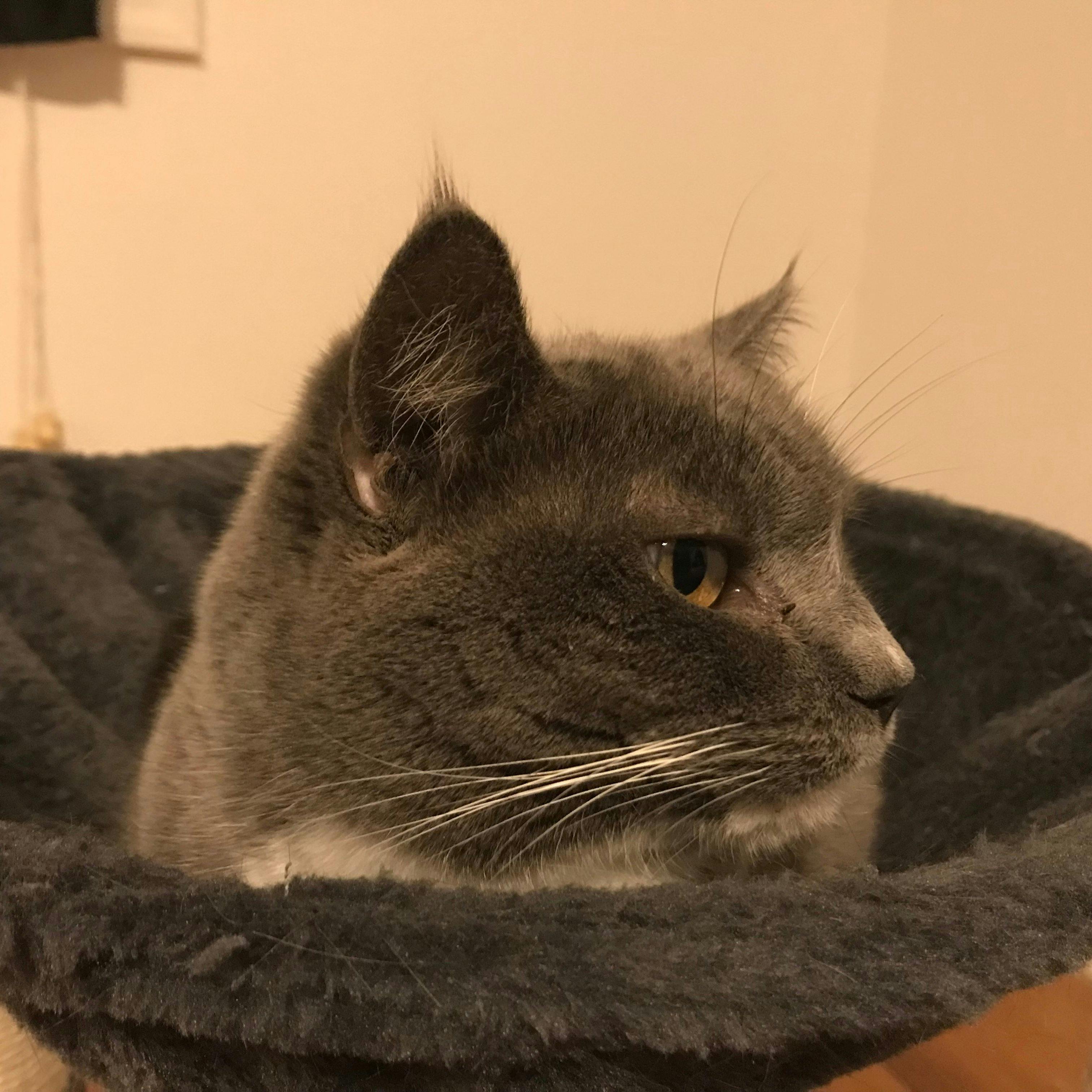Year in Review: Sleep
The Year In Review:
So I haven't really been using my sleep log either! It's pretty intensive and I haven't set up the IFTTT to Google Sheets connector yet, it just goes into email and backlogs there. It's mostly been supplanted by my FitBit anyways. I could sync my FitBit data to a Google Sheet using this Google Apps Script, but I'm at the point where if I get the information I want, I'm okay with not looking to optimize further (and if it's not actually optimal, okay with starting over).
So what does FitBit say?
I'm a "Bear": Bears tend to keep a consistent sleep schedule, regularly falling asleep around the same time. They go to bed earlier than most and once they drift off, Bears tend to reach a sound sleep quickly. Their sleep tends to be long and restful, with a relatively high proportion of deep and REM sleep. Bears typically experience few disruptions, despite some brief awakenings throughout the night. This consistent, strong sleep routine means daytime naps are rare.
Sleep schedule variability: This shows how much your sleep schedule varies from day to day. Your body clock plays a key role in your mental and physical well-being. An inconsistent sleep schedule can affect this natural rhythm and stop you from feeling your best.
Me: 44 minutes (within ideal range but a little high)
Sleep start time: This metric tracks the time you usually get to sleep. While some people prefer to sleep earlier, and others later, it's most important to have a consistent schedule. Aligning this to your daily routine is key to good sleep hygiene.
Me: 12:19AM (a little too past ideal range)
Time before sound sleep: This tracks how long it usually takes you to fall soundly asleep. Regularly falling asleep without significant delay is a sign your body is sleeping at a time that lines up with your schedule.
Me: 29 minutes (past ideal range)
Sleep duration: Sleep duration measures how much sleep you get on average. This may be less than the total amount of time you spend in bed. While everyone has different sleep needs, consistently getting the right amount for your body is important to feel well rested.
Me: 7 hours 2 minutes (almost past ideal range)
Deep sleep: During deep sleep, you're typically very still and your heart rate variability peaks. Because sleep is a time for rest and recovery, a night without much movement is likely more refreshing. However, sleeping too soundly may be an indication that you're not getting enough quality sleep.
Me: 1 hour 35 minutes (well past ideal range)
REM sleep: Rapid-eye-movement sleep, or REM, is an essential sleep stage. You're likely to have vivid dreams during REM, as your brain is believed to be working hard on complex problems and processing emotions. When you have a lot on your mind, you might find yourself spending too much time in REM sleep.
Me: 25% (well past ideal range)
Restorative sleep: Restorative sleep measures how much of your time asleep is spent with your heart rate lower than your usual resting rate. Many aspects of restful and restorative sleep are associated with a lower heart rate.
Me: 86% (well within ideal range)
Sleep stability: As you change sleep stages or your sleeping position, your brain often wakes up for a moment, but it's usually so brief you don't notice. Stability tracks how often this happens. If you notice changes in your sleep stability, it might be time to look into your sleep environment.
Me: 3.6 events per hour (a little less than ideal range)
Nights with long awakenings: Noise, light, or an overactive mind might wake you up and keep you up for a while. Most people have occasional long awakenings, but if you notice them becoming more common, it's a good idea to look into the cause.
Me: 13% (no ideal range given)
Days with naps: This measures naps detected using a FitBit. Naps may be necessary after a bad night's sleep, and can help you feel more refreshed. But if you find you're napping often, it could be a sign of other factors affecting your long-term sleep.
Me: 7% (no ideal range given)
Overall, I think I'm okay with how much sleep I'm getting. I could go to bed earlier and be a morning riser, but at this point in my life I might be more of a night owl rather than an early bird anyways. Adding too much on my plate to change at once will mean I do everything half-assed.
The one thing I think I am looking to get checked is whether I have sleep apnea. My ex and my friend I went hiking with both said I might have it, so I scheduled an appointment for next February to get it checked out at the Inova sleep clinic. Another opportunity to use my HSA!
I'll try and see if I can build up a morning routine. I hate brushing my teeth, so maybe changing toothpaste to something that tastes better, or maybe using some hand soap that's nice and sudsy would be the mental hook I need to get up in the morning.
